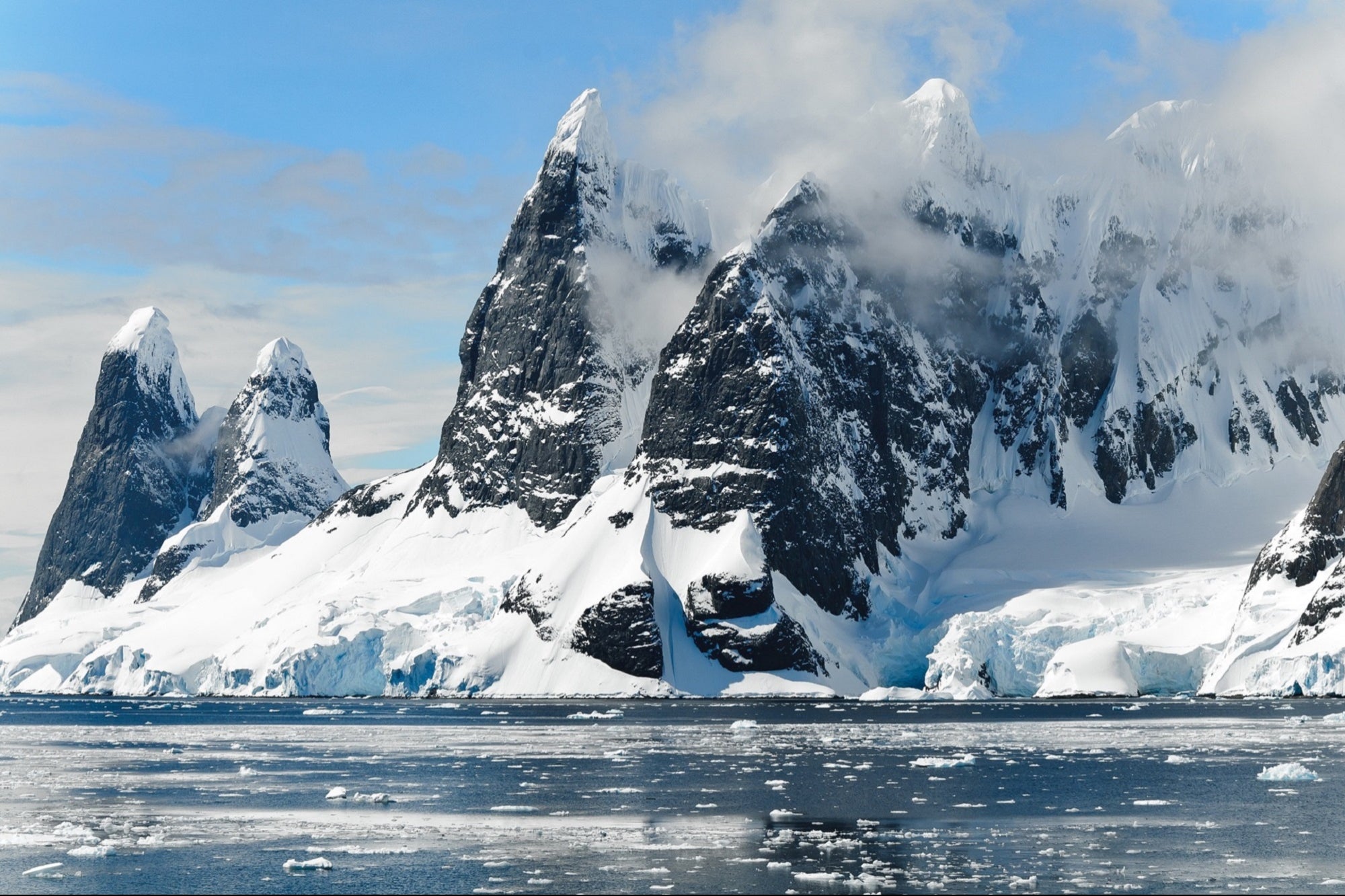Antarctica as Workspace: Ice Sheets Are Walkways and Penguins Come Visiting It is almost impossible to imagine what working in Antarctica is like. There are a few people who have been there to work and here's what they have to say
By Vidhi Bubna
Opinions expressed by Entrepreneur contributors are their own.
You're reading Entrepreneur India, an international franchise of Entrepreneur Media.

When we think of Antarctica, we imagine penguins, auroras, ice sheets and glaciers. We rarely ever think of it as a workspace. But, there are many researchers and logistics professionals who go to Antarctica and stay there on government research stations for six months at a stretch. As a workspace, Antarctica is more exciting than anyone could ever dream of. According to Ankitha Reddy, a recent researcher at the Indian Antarctic Expedition, "Antarctica is the coldest, driest, windiest and most serene workspace. Going through every challenge gives you the learning of a lifetime. The mere sunrises and sunsets are a delight to watch." For many of us, it may be impossible to imagine what working in Antarctica is like, but here's a sneak peek.
Working in Antarctica brings out the artist inside you: Living in a serene untouched continent makes you realize that the experience of being there is special. It creates an urge to go back home and explain the wonder of the experience to the rest of the world which has never been to Antarctica. Dr. Madhubala Chinchalkar was selected to go to Antarctica as a medical officer in 2016. Though Dr. Chinchalkar is a doctor by profession, Antarctica brought out the artist in her as she compiled an award-winning documentary, "...And Skua Returned Early", about her experiences. Other people who are selected to go to Antarctica also tend to find intersections between their work and art. Most of them take photos of their lifetime in Antarctica because they feel like they are experiencing something different. According to Dr. Chinchalkar, "When I went to Antarctica, I was awestruck by the space. I wanted to come back and show everyone what it looked like so I made the documentary."
Keri Nelson who has been working at the US base in Antarctica started a blog called Simply Antarctica which has images of penguins, birds, glaciers and the aurora in Antarctica. Though Nelson has no professional experience in photography, she started taking images over her time there and growing her photography handle.
Living in Antarctica teaches you to be an effective and versatile leader: The climate in Antarctica is tough to accommodate in. During winter, there is no sunrise for 4 months and the temperatures are as low as -35 to - 45 degrees Celsius. There are blizzards which last for weeks. While researchers are working in these harsh conditions, it teaches them effective skills for leadership which they can apply to other industries when they are back. "I learned to stay calm yet to act fast, to work as a team rather than as an individual. The experience made me realize how small efforts can make a huge impact over the long term," said Reddy.
Dr. Chinchalkar faced a challenging situation during the winter months when a researcher fell ill at the Indian base. Being the only medical officer, she tended the researcher everyday till winter ended and they could eventually fly back to Capetown, nearest base from the Indian station in Antarctica. "The experience made me a better leader and taught me to remain calm in situations for the future", says Dr. Chinchalkar.
The workspace can get toxic so you need to keep yourself occupied: Living on an isolated continent which is cut off from the world can get toxic. Researchers and the expedition team need to keep themselves occupied so that they don't feel toxic. The toxicity is more internal than external. "There is complete darkness in Antarctica during the winter expedition and the team is small. It is not something people who have lived in cities are used to. We need to keep ourselves busy so that it does not get toxic. Despite the natural beauty, auroras, glaciers, there's still a need to stay occupied," says Reddy. There are various team activities organized to keep the spirit going. There is a lot of stress on team effort and leadership.
The entire Antarctica experience keeps you motivated: According to Nelson who has been working in US bases of Antarctica since 14 years, "The best part about working in Antarctica is watching them pull something larger than life. It is much bigger than our individual selves and that inspires us as a team. I have seen many of my peers there coming up with the most creative solutions." Since, it is not easy to stay and work in Antarctica, people who are selected for the programme are motivated to do something larger than life. This collective feeling which exists among teammates helps them to build trust and teaches them life lessons. Living in Antarctica is like living in a bubble where every step of the way has a meaning. Since, it is an experience which very limited people in the world can have, the experience is fueled with meaning.
The experience makes you a better person: Be it leadership skills or just the spirit of exploration, Antarctica is a bubble which helps you to transform yourself personally. Experiences which researchers have in Antarctica are unique and intimate. Nelson recalls an intimate experience with nature. "One day, I sat outside the base, watching penguins play and the aurora transform. One penguin came very close to me and it almost felt like I was a part of their habitat." When people work in Antarctica, it becomes a part of their home and soul, which they deeply miss whenever they go back. It's an unexplainable part of them. The workspace in Antarctica transforms them as people and makes them more passionate about climate change.
For many of us who are living in the city, it is impossible to imagine what working in Antarctica is like. There are a few people who have been there to work on Antarctic ice and have come back transformed. Working in Antarctica is surely one of the most unique workspace experiences someone can have.











